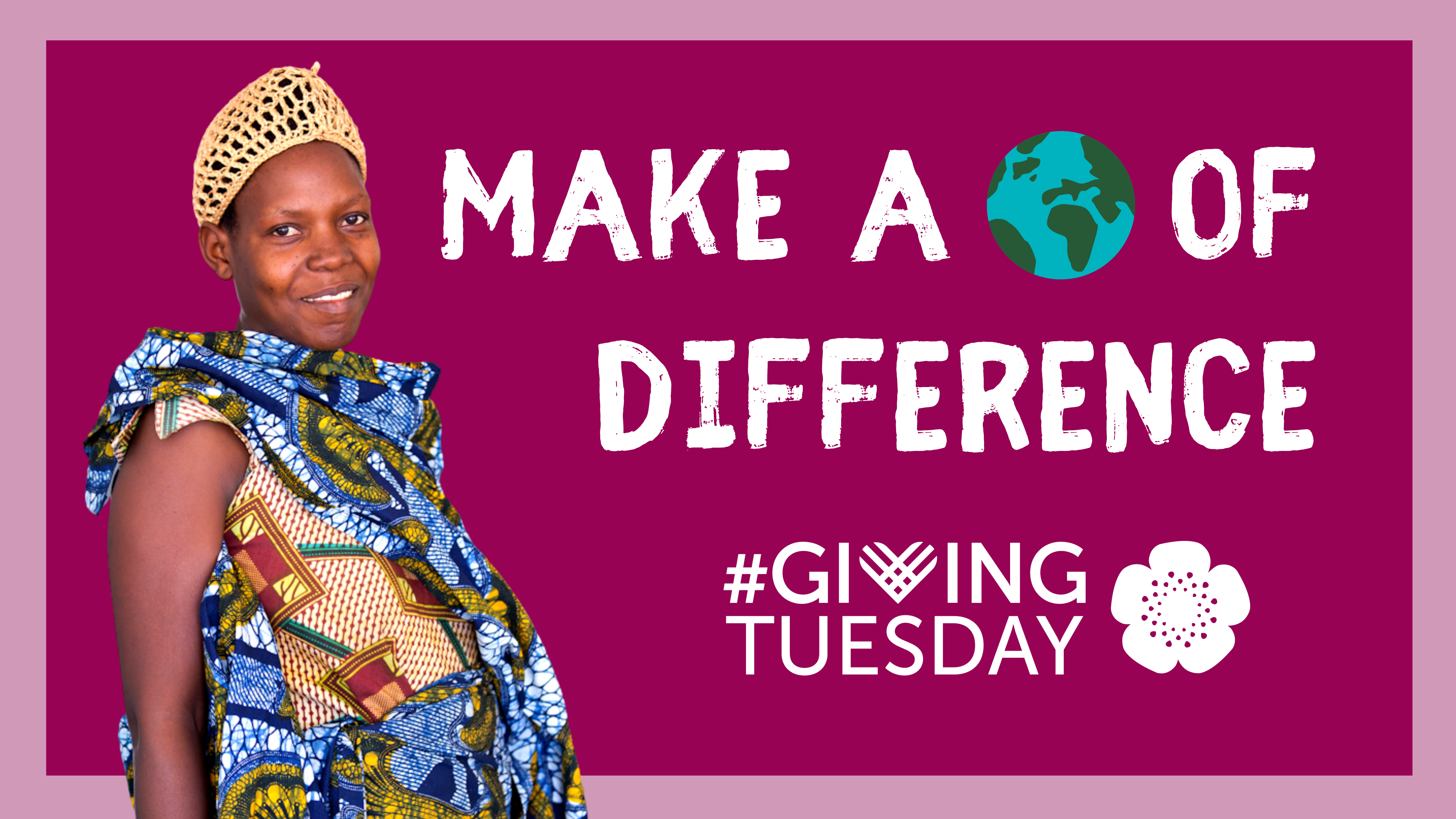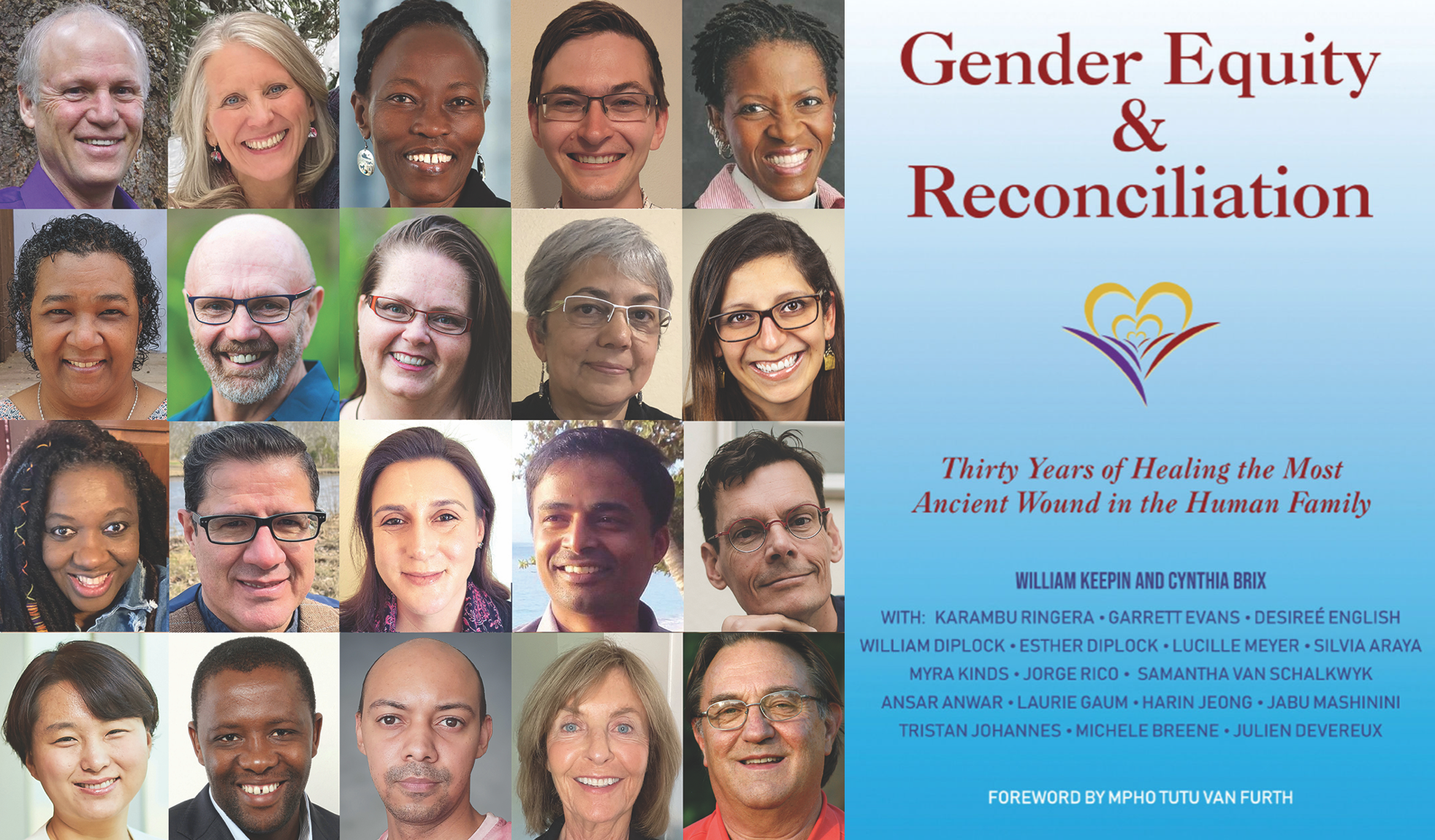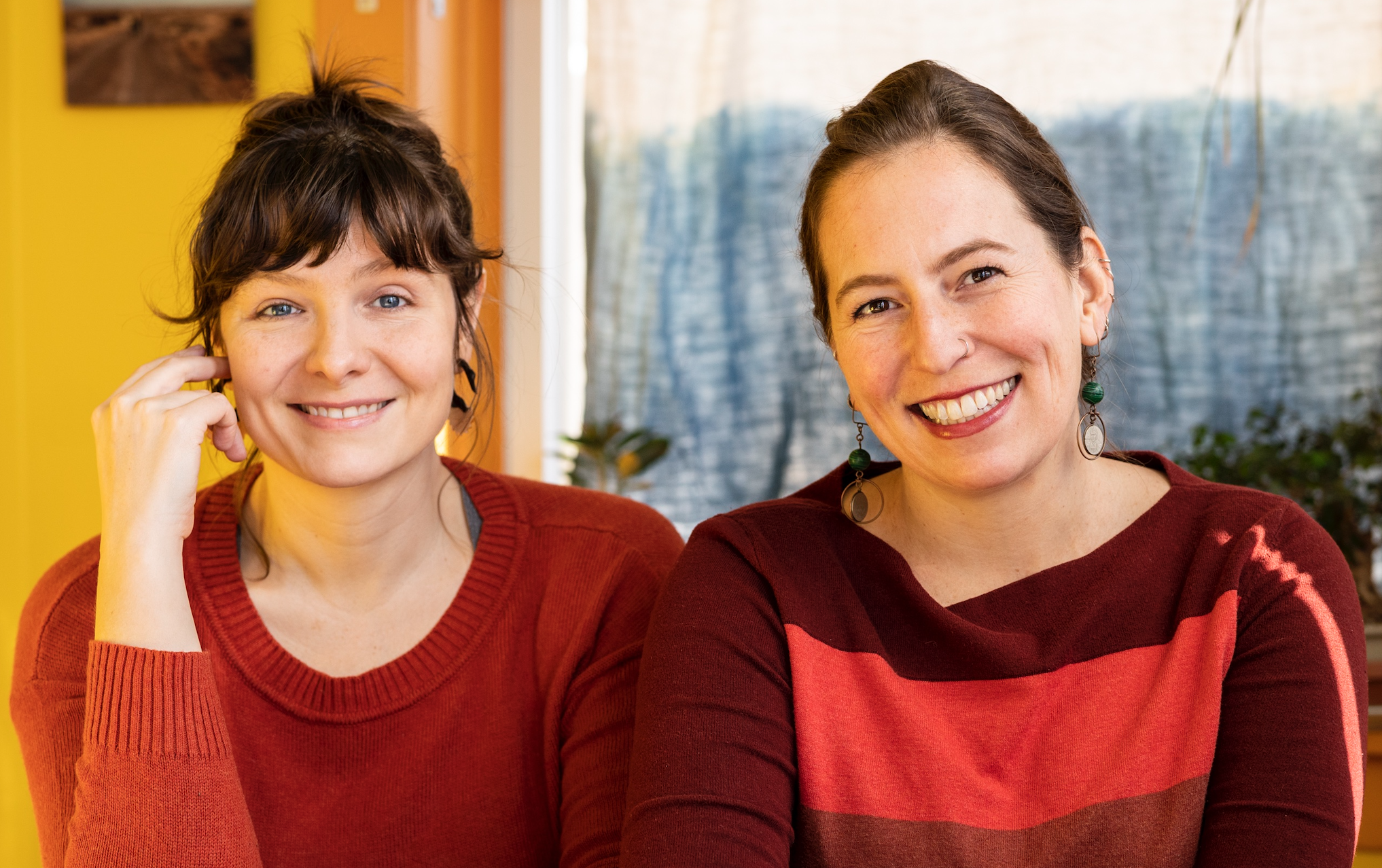
By Katarzyna Rybarczyk
In patriarchal societies, women’s freedoms are restricted and repressive gender norms dictate what behaviors are expected from them. Women have to obey the orders of first their husbands and brothers, and then their husbands. If for whatever reason they act against the men’s will, they can face severe punishments, including death. Honor killings are murders of women and girls by male members of their families who justify the crime by claiming that the victims brought dishonor to the family name. Women can fall victims to honor killings for various reasons, ranging from seeking a divorce or refusing to enter into an arranged marriage to being raped.
Each year, around 5,000 women are killed internationally for reasons of “honor”. Out of that, 2000 killings happen in just two countries, namely India and Pakistan. There, structural gender-based violence persists and women are discriminated against on a daily basis. The patriarchal systems and traditional cultures enable honor killings despite the practice being prohibited by respective legal systems. In India and Pakistan, honor killings have become a harmful tradition that, for the most part, remains hidden and hence is extremely difficult to eradicate.
In fact, it was only in 2016 when Pakistan introduced an anti-honor killing law and closed a legal loophole that allowed perpetrators to be pardoned by another family member. After the change, those who commit murders in the name of honor can only be forgiven by the family and avoid punishment if they are sentenced to death. Sadly, however, the new law did not result in Pakistani women getting more justice and safety. Honor killings keep happening in rural areas where domestic violence is prevalent, law enforcement is poor and authorities have no way of monitoring the situation. There, women and girls’ access to safe emergency shelters is limited and they have no ways of reporting abusive situations at home.
Similarly, in India, honor killings are driven by socio-cultural factors, primarily by the fact that the majority of caste members do not accept marriages with individuals belonging to a different case. If a woman enters a relationship with a man from a lower cast, the family sees it as a disgrace. Motivated by wanting to restore the status of the family, men frequently resort to violence and often end up killing women who enter intercaste marriages. In India, forced marriages are a common practice, and many women, unhappy with the choice of their spouse, decide to follow their hearts. Sadly then, as a result of simply wanting to be happy and loved, they put their lives on the line.
Even though in India those who are found guilty of honor killing can be sentenced to death, in many regions of the country this type of murder is still a common occurrence. Male dominance and female inferiority are so ingrained in people’s minds that they are unwilling to change their habits.
In both India and Pakistan, as well as in other parts of the world where honor killings occur, the practice is considered by many to be a part of their culture. For that reason, people are reluctant to report these crimes and many cases go unreported. Honor killings are immoral and they prevent women from fulfilling their dreams and progressing in their lives. The ‘offenses’ that sometimes lead to young women being killed are usually not deemed inappropriate in other parts of the world as honor is a socially constructed term that is open to interpretation.
The values that motivate honor killings are rooted in misogynistic, patriarchal prejudices that degrade women and grant all power to men, never holding them accountable for their actions. Women should not be responsible for maintaining the honor of the family or the community and the custom of killing innocent people is not in itself honorable.
Everyone should have a right to love whoever they want and honor killings remain a cultural crime. Hence, in order to put an end to them, people’s attitudes need to be changed. It is essential that more effort is placed on educating people in patriarchal societies about equality and female empowerment. Furthermore, women need to know that the norms they are forced to follow are cruel and that they have a right to seek help if a family member violates their rights and threatens them. It is time for women’s rights to become a global norm, not a luxury.


Katarzyna Rybarczyk is a Political Correspondent for Immigration News. She writes articles about the struggles of refugees and security concerns facing women around the world. Through her articles, she wants to promote human rights and raise awareness about topics that do not get enough attention. She also currently serves as a Volunteer Translator for the United Nation’s Regional Office for West and Central Africa. Follow her on Instagram.
















